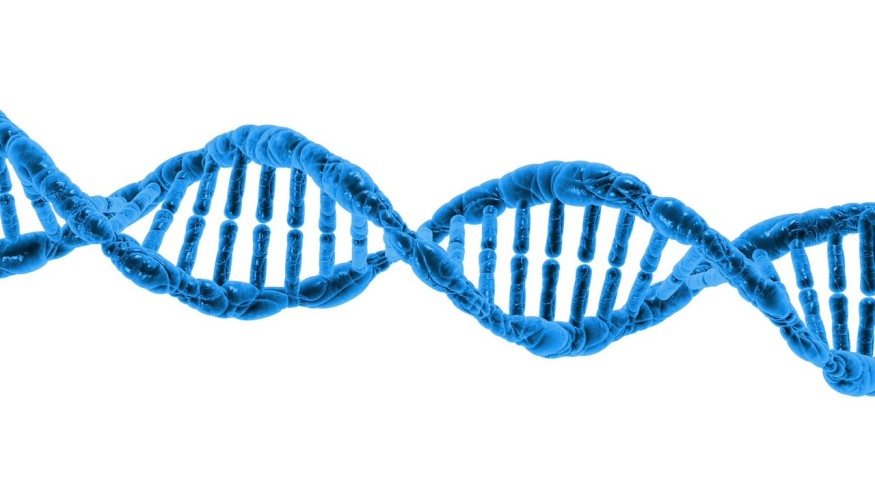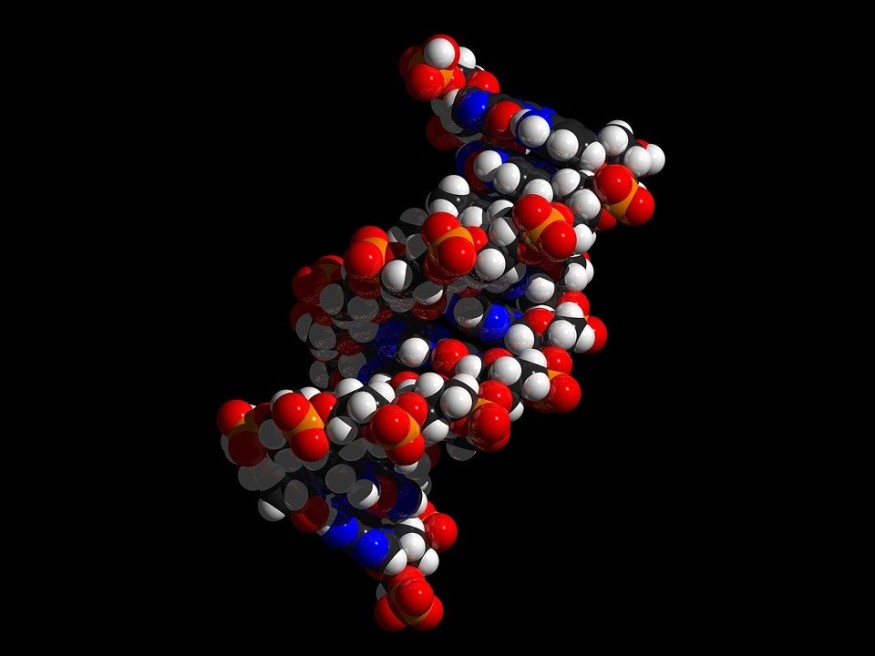Experiments reveal that metabolism may have started spontaneously on our primordial planet, prompting scientists to reconsider how they define life.

Markus Ralser had no intention of researching the origins of life. His study focuses on how cells feed themselves and how these processes might go awry in stressed or diseased species. But, by chance, Ralser and his team uncovered a startling finding about a decade ago.
Studying the Ancient Variable
The team, which was headquartered at the University of Cambridge at the time, was researching glycolysis, a process in which sugar is broken down through a series of chemical events, producing energy that may be used by cells. When they utilized sensitive techniques to trace the various steps in the process, they discovered that some of the reactions appeared to be "happening spontaneously," according to Ralser, who is currently working at the Francis Crick Institute in London. Parts of glycolysis occurred in control trials that lacked some of the essential molecules for the processes.
Ralser recalls other scientists telling him, "It can't possibly be real."
Chemical Reaction

Every live cell contains a chemical engine at its center. This is true for both a neuron in the human brain and the tiniest bacteria. These chemical engines power metabolism, which involves converting an energy source like food into functional components and constructing the cell. By all accounts, metabolic activities, including glycolysis, need a great deal of complex microscopic gear to function correctly. However, Ralser's team discovered that one of these engines could work without some of the complicated chemicals previously thought to be essential.
Researchers studying the beginnings of life have been ecstatic since the accidental discovery. After all, if anything like this could happen in a test tube, it might have happened billions of years ago at a deep-sea volcanic vent, on land in thermal pools, or in any place else with a lot of chemical activity and organic material. It's possible that metabolic responses started the series of events that led to life's emergence.
Attempting to Build Chemical Engines
Some groups are currently attempting to build these chemical engines from the ground up. Scientists have re-created sections of other essential biological processes, such as the reverse citric acid cycle or reverse Krebs cycle, which is thought to have initially evolved in ancient cells and glycolysis.
Scientists are revisiting the pathways that may have led to the first living thing due to this fascinating new area of research, and it has pushed them to tackle once again a long-standing question: How do we define life in the first place?
One of science's greatest unsolved questions is how life began. We know it happened early in our planet's history because fossil bacteria have been found in rocks deposited only a billion years after Earth originated, 3.5 billion years ago. But it's unclear how or where it happened.
Issue
One major issue is that living beings are highly complex. Hundreds of genes and thousands of distinct compounds may be found in even the smallest bacterial cell. These components work together in an intricate dance to transport food into the cell and waste out, repair damage, copy DNA, and so much more.
A study released in 2021 that compared the DNA of 1,089 bacteria, the tiniest living species, demonstrates the magnitude of this complexity. The researchers looked for typical protein families across bacteria species. These were likely to be genuinely ancient-dating back over three billion years to the last common ancestor of all bacteria. They were led by bioengineer Joana C. Xavier, who was at Heinrich Heine University Düsseldorf in Germany. They discovered 146 such protein families, indicating that even the earliest germs were highly complex and evolved over a lengthy period of time.
Life is Complex and Dynamic
Life is, at its core, a dynamic process. Even seemingly immobile species like trees are teeming with activity at the microscopic level.
A live cell, according to Xavier, is like a cup of water with a hole at the bottom and a faucet flowing in. The amount of water in the cup remains the same if the two flows are equal, "yet there is a transformation."
In the same way, every living creature takes in nutrients and utilizes them to grow and repair its body. For humans, this includes ingesting meals and then breaking them down into basic molecules that our bodies can use to operate our digestive systems.
Related Article : Climate Change is Making the Spread of Deadly Diseases More Rampant
For more news, don't forget to follow Nature World News!
© 2025 NatureWorldNews.com All rights reserved. Do not reproduce without permission.




